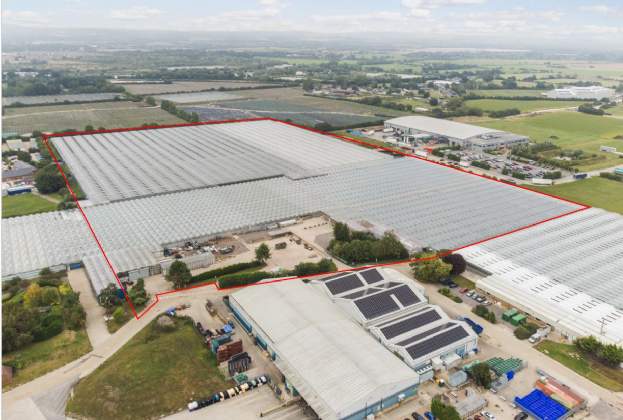The sports ground and community facilities market is niche. What may seem pretty straightforward (it’s just a field and a building after all) may well be a good deal trickier than you think. Unless you value these facilities regularly you may not appreciate the differences between them and the amount of time it could take to get the valuation right. There is a substantial difference between the village football pitch and a recreation ground, a bowls green, or a laser-levelled polo ground - and that’s without considering the five standards of astro pitch. There’s also the clubhouse, stands, training facilities, floodlights and so on, all of which need to be weighed up.
But despite the proliferation of the many types of sports grounds and community facilities, these rarely change hands on the open market. There are, however, buyers for these properties and caution should not be thrown to the wind when undertaking a valuation. Here are our tips on how to value these properties:
Be mindful of rental changes
Rents for sports pitches have traditionally been in line with those for agricultural land. They have remained historically low as community/sports centre rents have been agreed between landlords and tenants with little evidence or market knowledge to suggest increases.
However, as landlords have become more commercially aware, there is a movement to bring rents in line with commercial levels seen within other sectors and, as a result, they are increasing. Local authority landlords in particular are looking to their property portfolios to maximise income. Landlords, however, must be realistic and accept that they may have to settle for relatively low amounts if they wish to retain their current community-based tenants, who may well find their support is sensitive to subscription increases, and to whom commercial rents may be unaffordable.
Local and historical knowledge essential to finding comparables in the market
Sports grounds are a bit of an anomaly: they are usually operated on a not-for-profit basis with little comparable evidence and limited historic rental increases. The best starting point for evidence is our own database constructed over the years. To supplement this, local councils and agents may have access to historic records, but it is essential to know what to ask for and be specific regarding the property sold.
Be open minded when collecting evidence
If the local council or agents are unable to help, we have to get more creative. The Land Registry is a good start. Slightly unorthodox methods such as filing freedom of information requests to ascertain the price of an asset, if it was sold by a public body, can also prove fruitful.
Further information
Contact Savills Retail & Leisure Management
.jpg)


.jpg)

.jpg)

.jpg)
.jpg)
.jpg)
